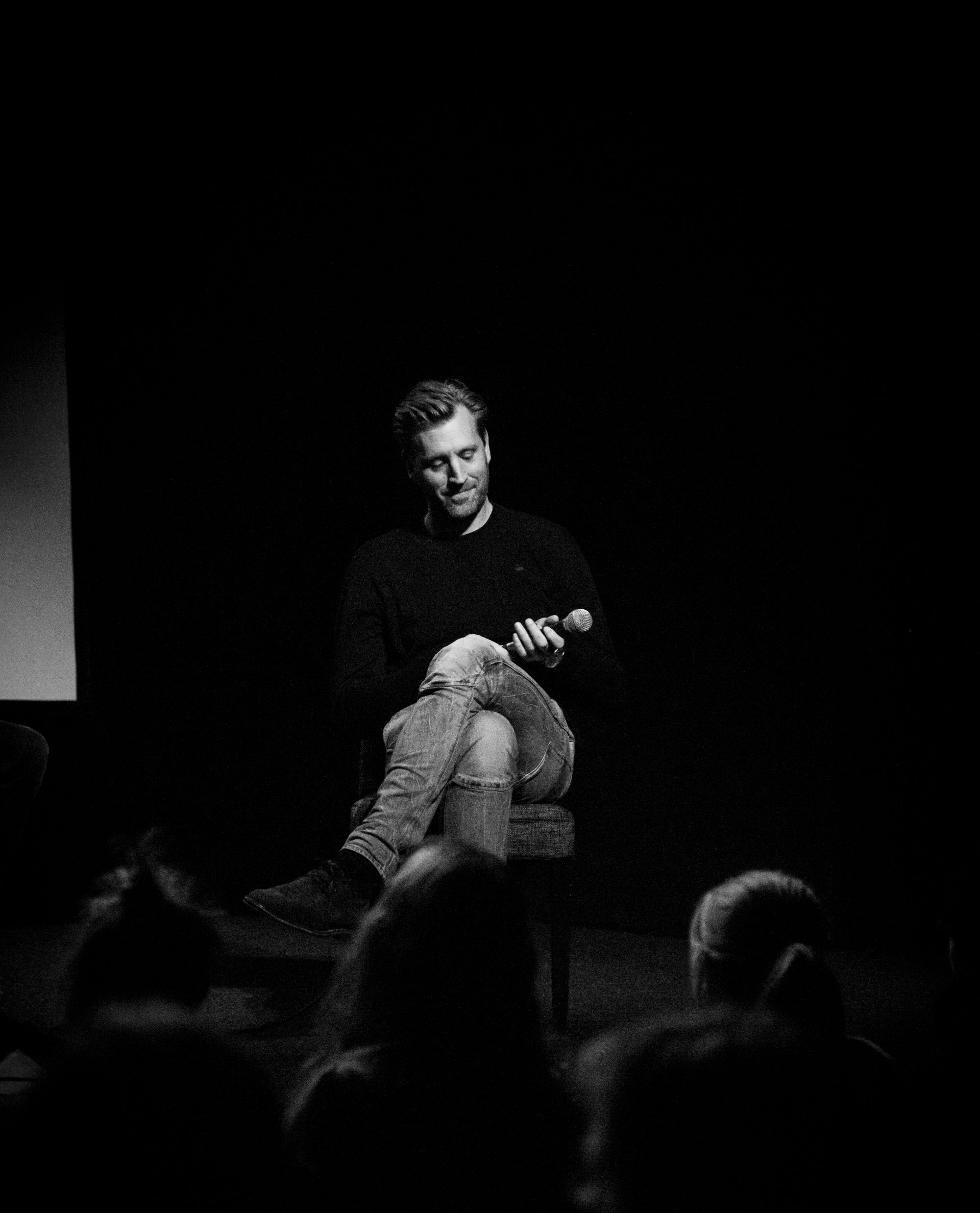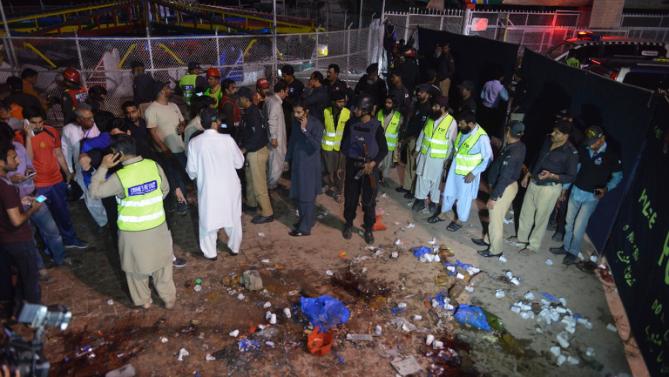The role of children in contemporary islamist extremism is a topic of debate for different reasons. And rightly so. It is of great significance to include aspects of using children in psychological warfare, as children have a symbolic value and rhetorical appeal in extremist communication and propaganda. And there are several dimensions in which children tragically have been put in the spotlight when violent ideologies are turned from theory to practice and leaves nothing but grief and fear behind in its path.
The devastation escalates. Our hopes for any form of breathing space or even short-term resolution are put on hold. This week we have seen horrific suicide attacks in for instance Belgium, Iraq and Pakistan. These attacks share similarites and differences. Beyond them there are numerous others, especially in countries like Syria, Iraq, Libya, Nigeria. Every attack is a tragedy in itself.
But there is something about this past week that strikes me. Something you don’t have to be a parent to relate to. And that is the fact that recent attacks seem to strategically target children or young people (like the bomb at a soccer stadium outside Baghdad a few days ago, and yesterdays devastating blast at a playground in Lahore).
We are witnessing an increase of targeting children in spectacular attacks, often carried out by suicide bombers. The psychological mechanisms behind these type of attacks is not for me to speculate on. However considering my knowledge and experiences of researching messaging and propaganda of groups within the global jihadist movement, there are evident links between the ideological warfare and the operations on the ground.
Children are victims. And sadly they play an important role no matter from which angle you observe. As I have written about before, they are increasingly depicted in propaganda underscoring and satisfying several narratives. They are symbols of a future. Symbols of purity. As several islamist terrorist groups are millenarian (in various degree) sharing apocalyptic visions and utopias, children become equal to survival for the group and its core ideas. For instance, they are portrayed in ISIS proapaganda both as happy and peaceful (as a way to attract women/mothers to join the Caliphate and be a part of building a future beyond the current conflict), and they are also portrayed in combat and training situations as well as at school studying, illustrating lojalty, determination and conviction as a mean to strengthen the overall notion that the Caliphate will be the stakeholder surviving the apocalyptic battle of our time. Young children have recently also been used as executioners in several brutal videos coming out os ISIS media industry.
Simultaneously, children are important symbolic targets when carrying out attacks against non-believers. Christians, shia muslims, opponent sunnis – it is of minor importance. As long as an attack gets both immediate attention and effect (fear, chaos, political reaction) and symbolic value (strength, mercyless, no future for adversaries) there are tragically several reasons why children and women are potentially high profile targets. So when the bomb blasted next to a plyground, full of Christian women and children celebrating Easter in Lahore yesterday, it was not only an attack from an islamist group trying to provoce the Pakistani government and spread fear. It was also a symbolic attack with religious connotations, targeting the most vulnerable and beloved of human beings; children.
(AFP Photo/Arif Ali)
I wish I could say I believe these attacks were isolated.
I wish I could say that studying the messaging and propaganda of this groups gives me hope to believe children will not be targeted again.
I really wish I could.
But I can’t.
And that is an insight that no matter its importance for predicting which path current islamist extremism will follow, breaks my heart to realize.
I guess what we all can do is to spoil our children, in every way we can. Provide them with love and care.
And share thoughts to those who no longer have a child to spoil.

